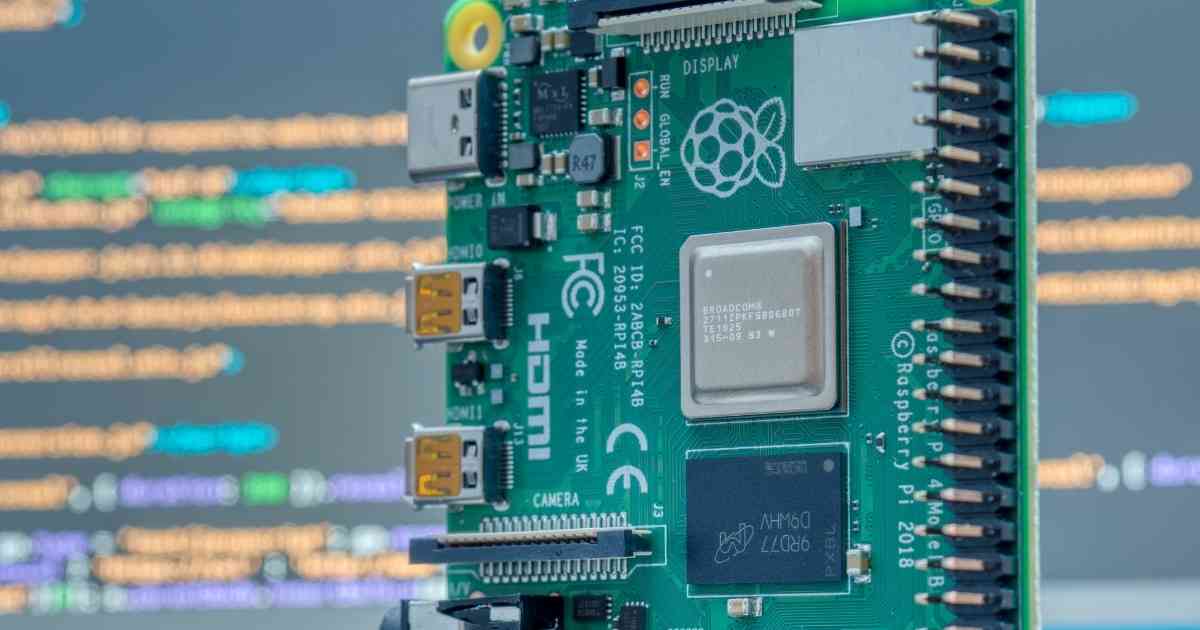Last Updated on
The Foundation has shown a consistent approach toward each and every one of its Raspberry Pi products and models. It is constantly launching updates to its product line, which is currently situated upon the Raspberry Pi 4 iteration, while still updating its previous Pi3. Despite the Foundation’s longstanding backing of its cheap single-board system, people still wonder about the Raspberry Pi’s lifespan and durability.
These doubts about how long a Raspberry Pi can last are constantly being raised. The Raspberry Pi lifespan is said to be around 7-10 years. The usual reason for major damage is due to a user’s lack of care with the device. Users don’t protect the device from power breakdowns and SD card failures, or it is kept in a rough environment.
A well-maintained Raspberry Pi can last quite a long time. However, depending on the type of tasks it will be running primarily, the Raspberry device can last for a much longer period.
What makes this device so durable is the nature of its build quality. The Raspberry Pi is a single board without any extra moving parts. It’s compounded by capacitors, the processor, RAM, and some other semiconductors. All of those are components that stay put and give life to the system. In order to have it working, though, you need to install an external component to it, the first of which is a storage device.
The SD card is usually the first part that fails in a Raspberry Pi. This card is the only moving part of the system. It’s the one being written in and reading information constantly, so it has more tendency to wear down over time.
Why would a Raspberry Pi fail?
We’ll list out some of the main factors that could make the device fail below. As mentioned previously, they are typically user errors:
- Over Heating
- Improper Power Supply
- Inappropriate Environment
- Messy Setup
Can a Raspberry Pi be on constantly?
Yes, the Raspberry Pi can be kept on constantly. This device is made to endure and, if set up correctly, it will be running 24/7 for a long time. One thing to be aware of when leaving a Raspberry Pi running constantly is its power supply. The system must be regulated through a good-quality battery supply or a DC adapter. If this is something you’re interested in, you might like the Raspberry Pi Zero, as it can use less than one watt to work.



